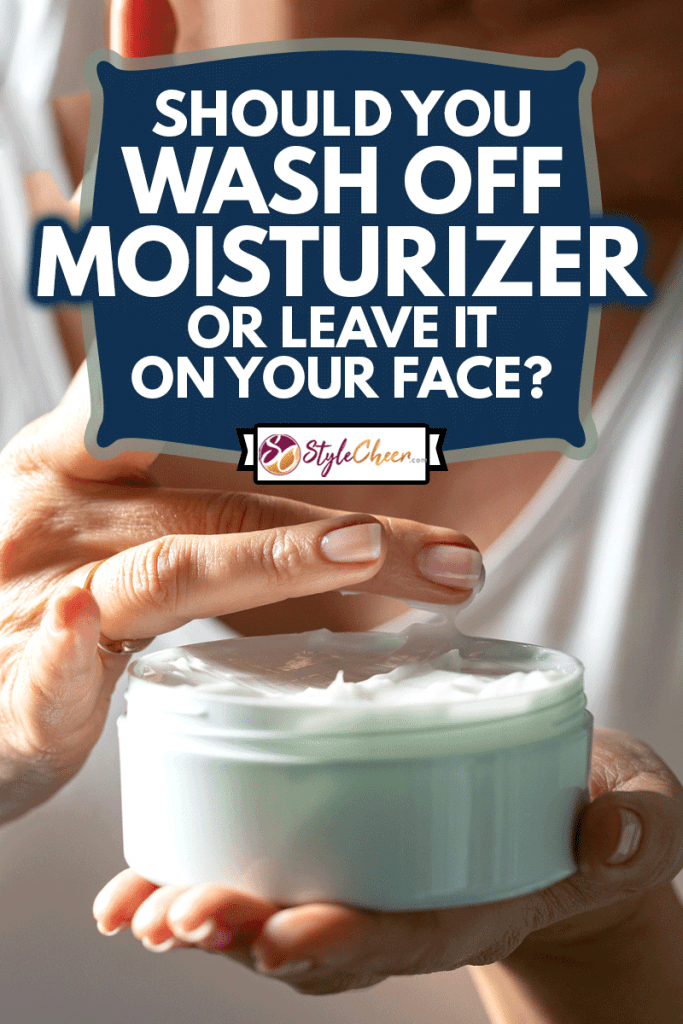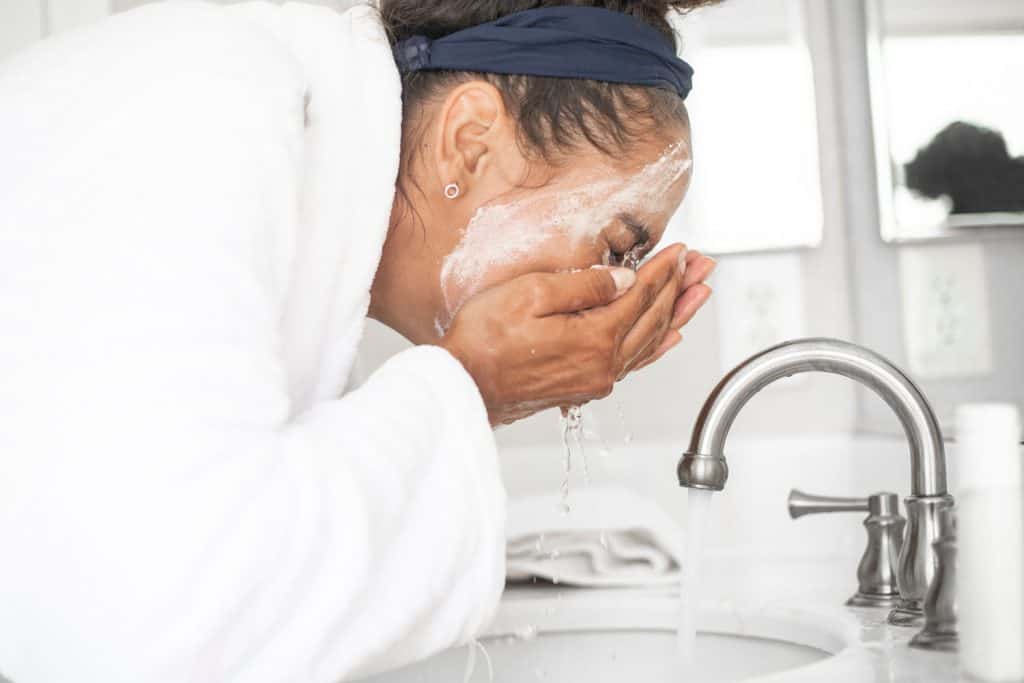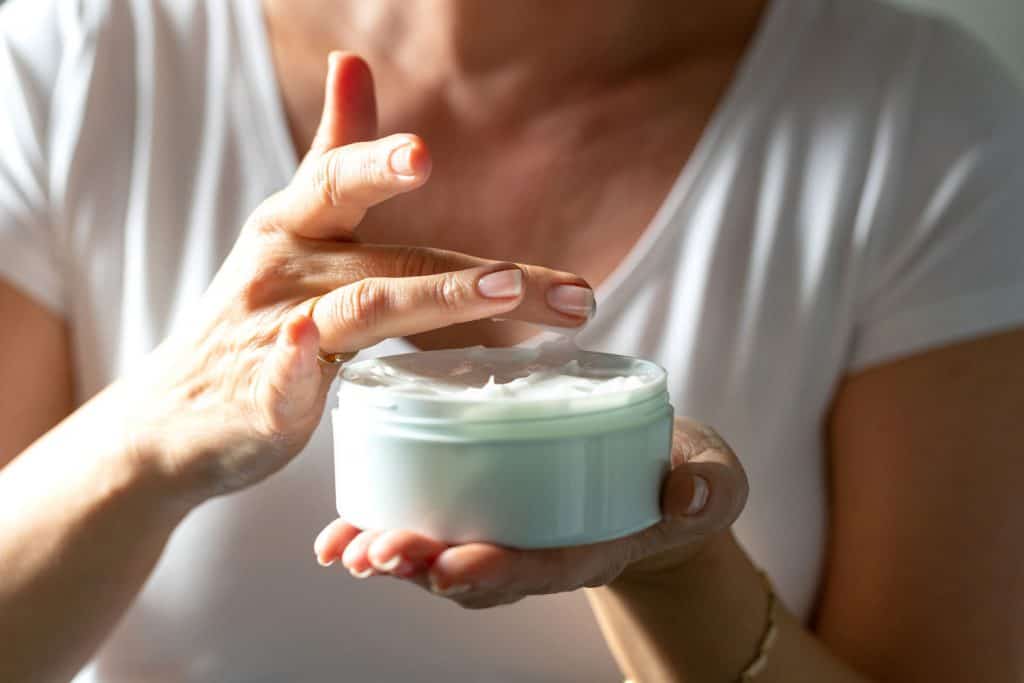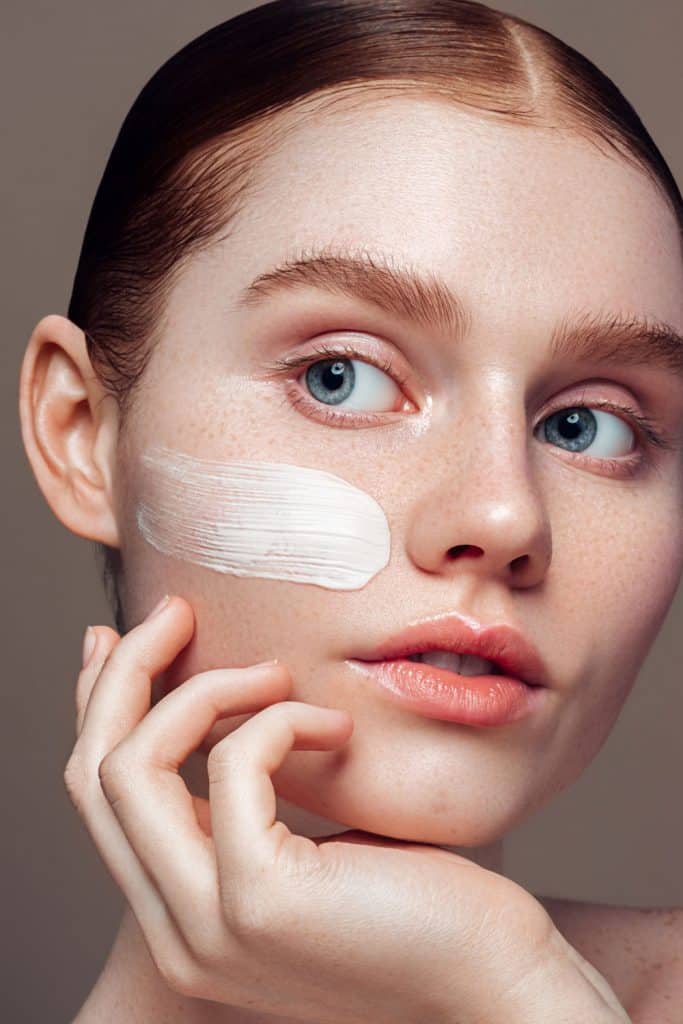Let's face it, moisturizer is a lifesaver for keeping our skin healthy and glowing. But if you're new to the skincare game, you might be feeling a bit lost and unsure about whether to wash off moisturizer or leave it on. Don't worry, we've got your back! We've delved deep into the world of skincare to bring you a definitive answer on what to do with your wash off moisturizer. Say hello to beautiful, nourished skin without confusion.
Moisturizer should be left on your face until the next time you clean it. However, most moisturizers will be off your face before then anyway, as these products typically only stay on your face for up to 8 hours. So go ahead and let the moisturizer sit once you've applied it because there's no need to wash it away.
So, you've learned that leaving moisturizer on your face is the way to go, but what about leaving it on overnight? And what if you skip the moisturizer altogether? These are important questions, and we're here to provide you with the answers. Get ready to delve into the world of skincare as we explore when to use moisturizer and when to give it a miss. Keep reading to discover all you need to know!

This article may include affiliate links and elements that were carefully created by our team using advanced ai to help you envision the best style advice.
Don't Wash Moisturizer Off Face Right Away!

The main purpose of a moisturizer is to keep your face hydrated and prevent your skin from drying out. However, moisturizers can also be used to hide imperfections, prevent wrinkles, and offer a layer of protection if you have very dry or sensitive skin. It can also protect us from the elements and help us against the sun's harshness or the cold.
You should leave the moisturizer on so that it can do its job. Your skin needs time to absorb the moisturizer so that it can work. There's no reason to wash it away unless you think you have an allergic reaction or you think you've applied too much.
If you have dry skin, you will probably need to apply more than someone who has skin that is more on the oily side. There are moisturizers for oily, dry, and sensitive skin. Don't just grab any moisturizer. Moisturizers are formulated for different skin types, so be sure to find the one that will work best for you.
The only other time you might need to wash the moisturizer off is if the directions on the container say to. This might be the case with a medicated or prescribed lotion.
For more reading on the time it takes for moisturizer to absorb, check out our other blog post here: "How Long Does It Take For Moisturizer To Absorb?"
Do You Leave Moisturizer On Your Face Overnight?
Just like you shouldn't remove the moisturizer you've applied in the daytime, you should also leave moisturizer on your face overnight.
In fact, some moisturizers are designed for nighttime use. Daytime moisturizers will often contain sunscreen, but you don't have to use a moisturizer with sunscreen at nighttime, so many people choose to have a day and nighttime moisturizer in their skincare routine.
If you find yourself with an oily pillowcase after applying moisturizer at night, try letting it dry before you lay down. This will also help prevent the moisturizer from being wiped off as you move around. Factor in 15 minutes of dry time before laying down for the night.
Click here to see Olay Regenerist Night Recovery Anti-Aging Face Moisturizer on Amazon.
For more on this topic, take a look at: "Can You Use Day Moisturizer Overnight?"
Should You Always Moisturize After Washing Your Face?

Now you know you shouldn't wash your moisturizer off, but let's talk about how often it should be applied and whether you need to moisturize every time you wash your face.
It might sound contradictory since we associate water with hydration, but the process of washing your face can also dry out your skin. To what extreme this occurs depends on the harshness of your face cleaner. Moisturizer can help rehydrate your skin after you've cleaned it. For this reason, you should strive to apply moisturizers often after washing your face.
Apply to Dampened Skin
Moisturizer will work best if you apply it to your face after washing and while your face is still damp. Applying it to damp skin helps lock in moisture and maintain hydration. Similarly, you should apply moisturizer to the rest of your body after showering or bathing.
Dab, Don't Rub
Though you might be tempted to rub the moisturizer into your face, it will be better if you gently dab the moisturizer until your skin has absorbed it. Rubbing the lotion in can be rough on your skin and cause small tears.
Find the Best Routine for Your Skin
Whether you should do it every time is up for debate between some dermatologists. Some dermatologists say that moisturizers are only a temporary solution to flakey skin. It will cover it up but doesn't allow the skin to shed the way it would naturally. You may need to experiment with different moisturizers and routines to figure out what works best for you.
What Happens If You Don't Moisturize Your Face?

Moisturizer can obviously have its benefits, but what happens if you choose not to moisturize your face? Well, your skin can become dry and easily irritated. After a few days, you might notice it looking flakey or feel sore red areas develop. Moisturizers also help prevent wrinkles. Therefore, if you don't moisturize your face regularly, you may begin to see wrinkles forming sooner.
Moisturizers can help brighten your face and keep your skin looking healthy. Not using a moisturizer can result in more noticeable, deeper lines and blemishes. As we stated above, gently dabbing, instead of rubbing, the moisturizer into your face is better for your skin and can also aid in preventing wrinkles.
However, moisturizer isn't for everyone, and sometimes it's better not to use it or switch to an alternative product.
When Is It Better Not To Use Moisturizer?
If you have sensitive skin, it is sometimes better to refrain from applying moisturizer. Sensitive skin can break out or react to moisturizers. You might find it makes your skin worse rather than better.
If you still want to apply something to your skin, consider switching to a natural alternative. Some common oils, like almond or coconut, can be a great option. Some moisturizers contain chemicals, and more and more people are converting to chemical-free lifestyles, so these are great substitutes.
The dryness of our skin can correlate with our diet. Increasing your water consumption can drastically improve your skin and even eliminate the need for moisturizers. Whether you should use moisturizer might come down to genetics. While one dermatologist says our skin can rehydrate itself without help, another says that it just depends on the person.
If you're unsure whether your moisturizer is helping or harming your skin's condition, don't be afraid to take a break. Though it might seem worse without the moisturizer to begin with, give it time. After a few weeks, your skin might surprise you and begin taking care of itself.


Click here to see NOW Solutions, Liquid Coconut Oil on Amazon.
We've talked about natural alternatives, but what about sunscreen? Can you use it instead of moisturizer? To find out, check out one of our other blog posts: "Can Sunscreen Replace Moisturizer? [And Vice Versa]."
Final Thoughts!
Hopefully, our article has helped answer your question about whether or not to leave moisturizer on your face. There are very few situations where moisturizer shouldn't be left on your face. Unless you're having an allergic reaction or the moisturizer directs you to remove it, you should leave it on so your skin can absorb it. Happy hydrating!

![Scientist holding Cyanoacrylate glue, Is There An Eyelash Glue Without Cyanoacrylate? [A Guide to Finding Safe Alternatives] - 1600x900](https://stylecheer.com/wp-content/uploads/2023/09/shutterstock_2238414685-300x169.jpg)
![Applying lash glue onto fake eyelashes, Why Is My Lash Glue Not Sticking? [Common Reasons and Solutions] - 1600x900](https://stylecheer.com/wp-content/uploads/2023/09/shutterstock_1059533828-300x169.jpg)
![Pouring black lash glue onto a small mat, What Glue Do Lash Techs Use? [A Guide to Lash Extension Adhesives] - 1600x900](https://stylecheer.com/wp-content/uploads/2023/09/shutterstock_1541038103-300x169.jpg)